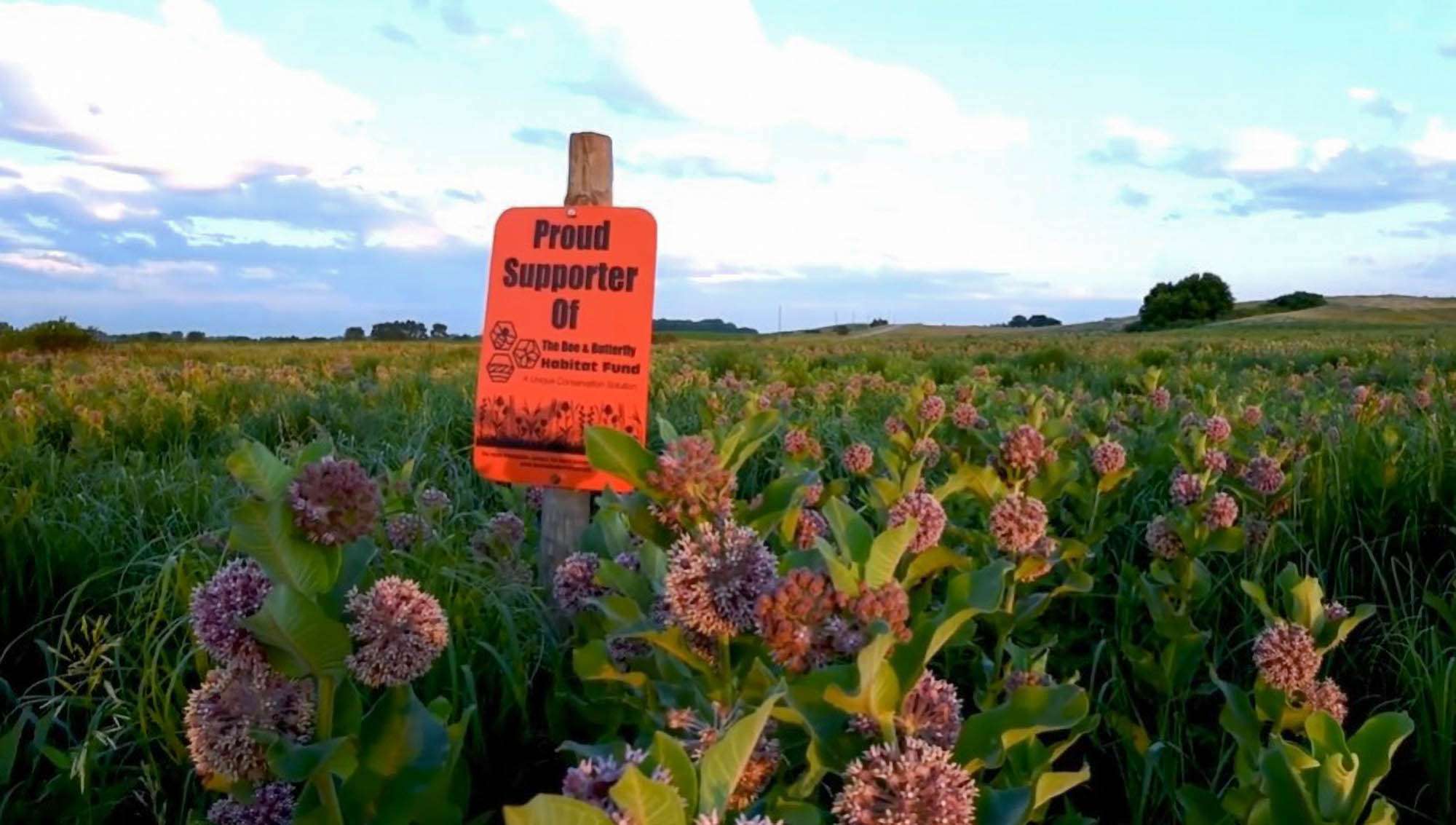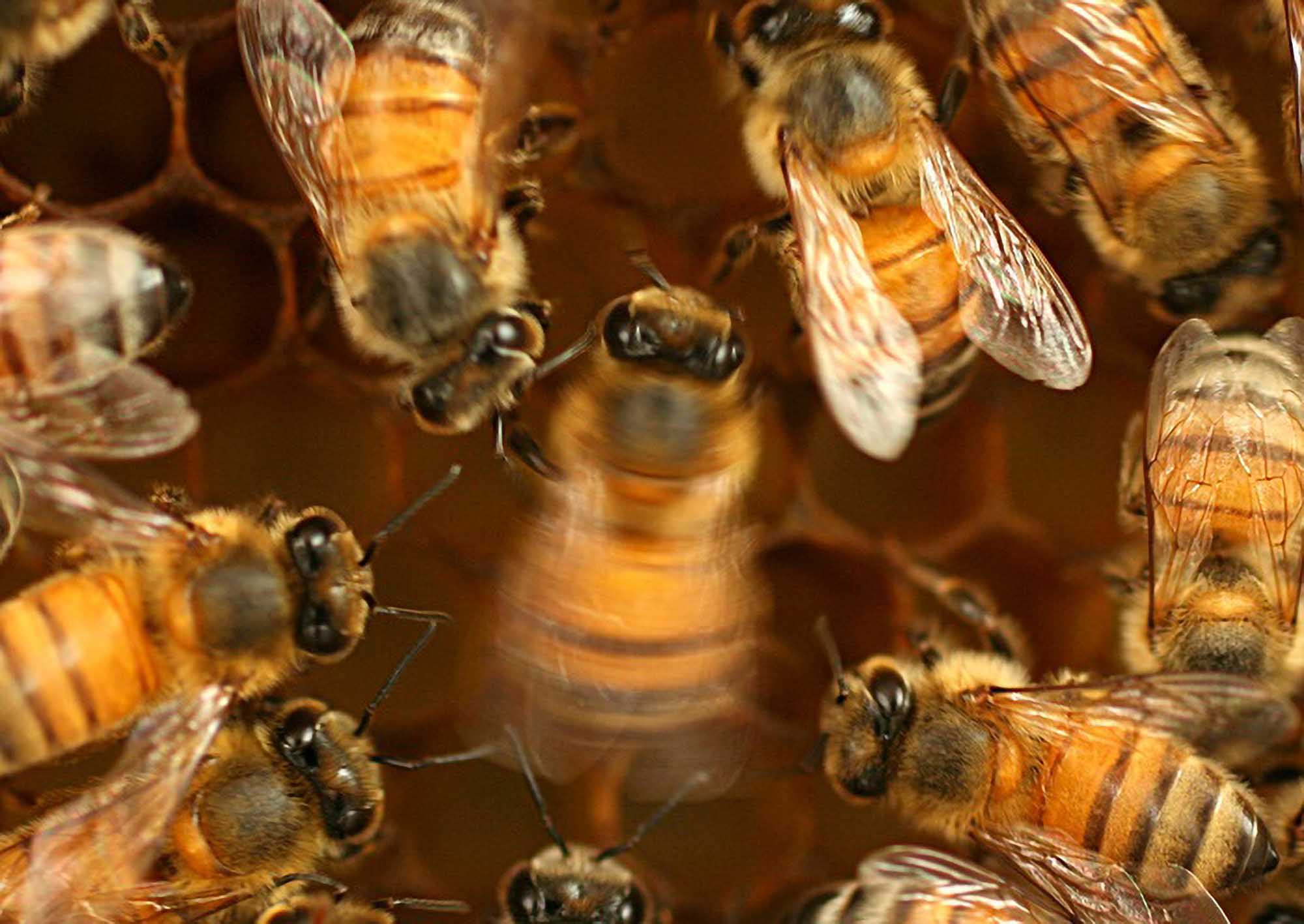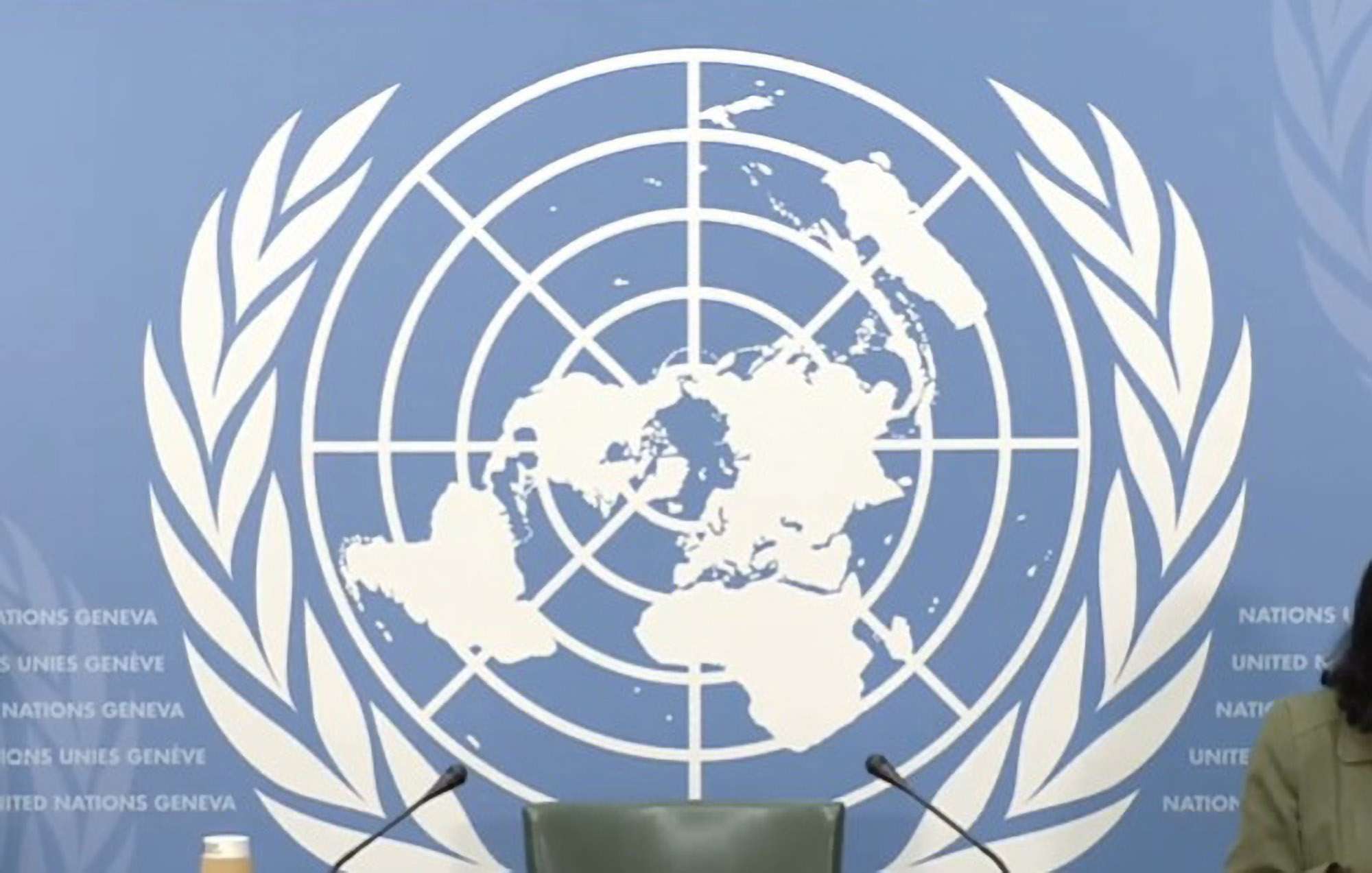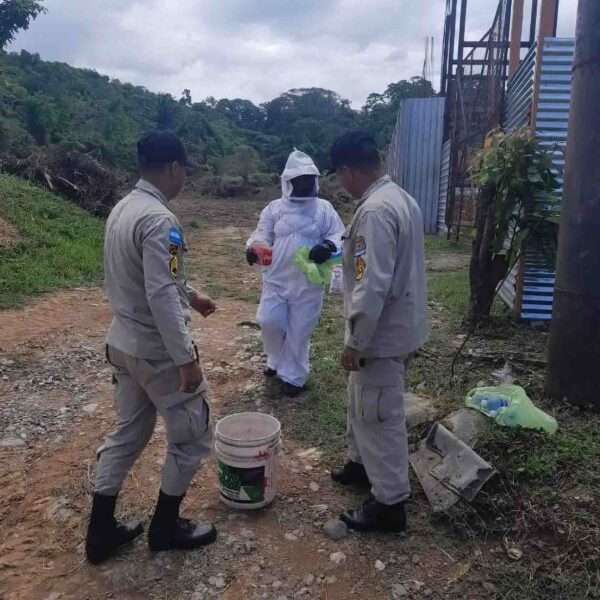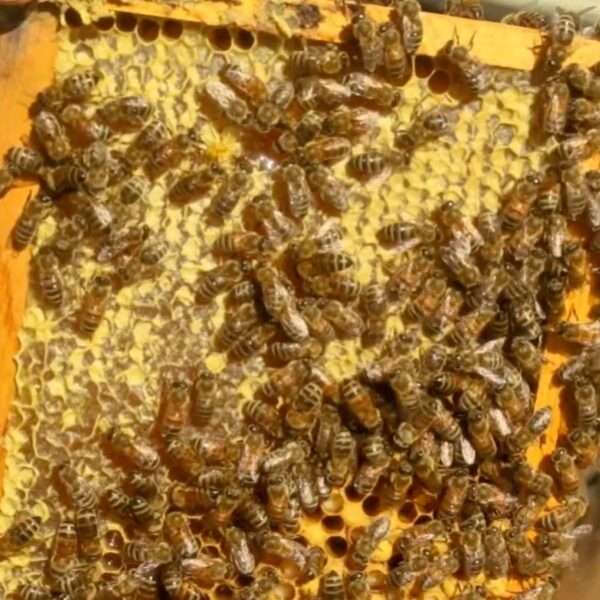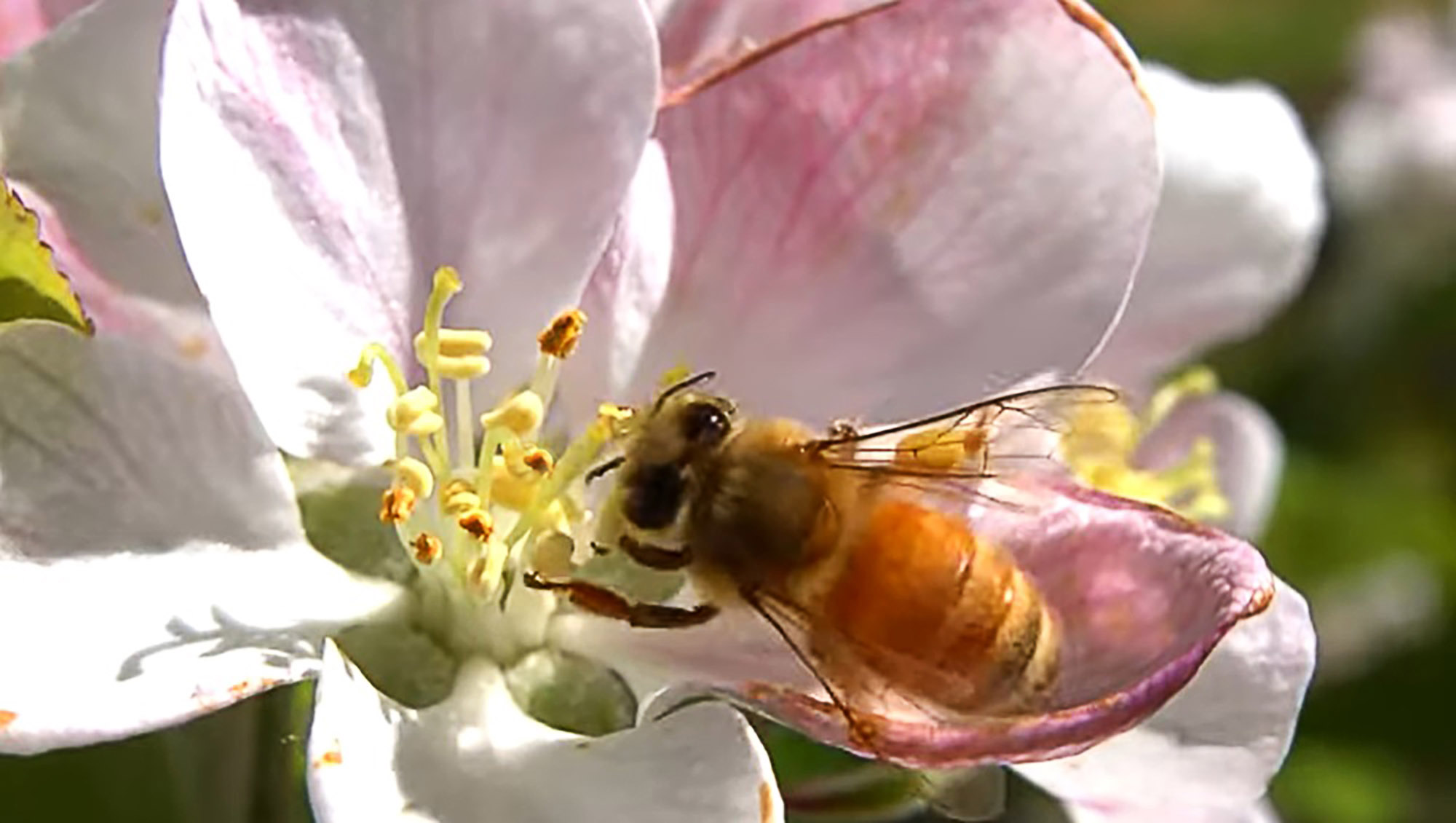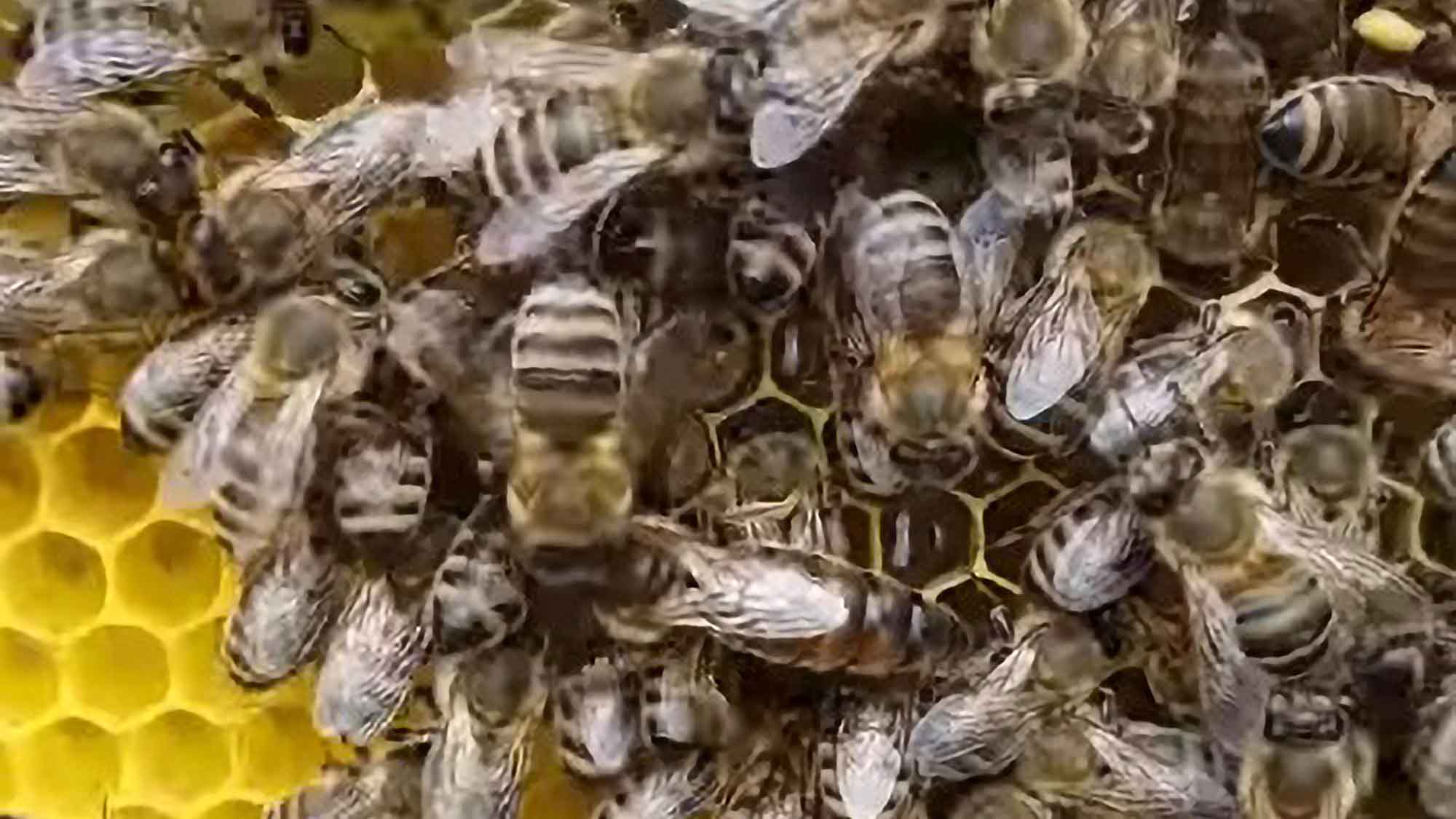An American NGO which focuses on pollinator habitat conservation has launched a project aiming at getting solar energy players on board.
Entitled ‘Solar Synergy’, the Bee & Butterfly Habitat Fund is convinced of having created a “first of its kind” initiative.
Peter Berthelsen is the executive director of the non-government organisation which is headquartered in Jamestown, North Dakota.
He said: “Through this program, we’ll have an incredible opportunity to work collaboratively with solar developers to not only increase pollinator health and habitat, but also to deliver a set of significant environmental and sustainability benefits that include carbon sequestration, increased soil health, better water quality, and more.”
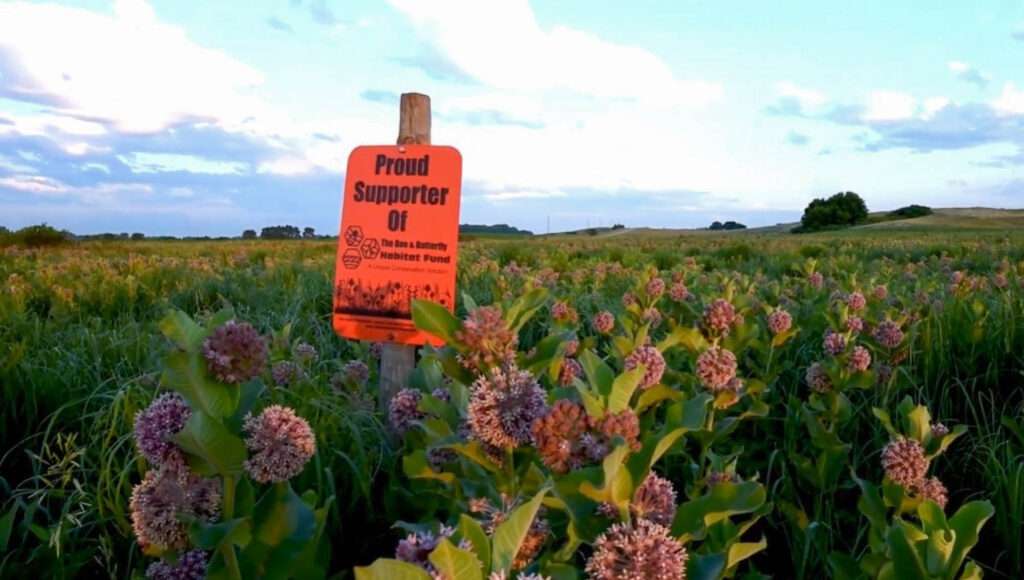
To initiate the project, the fund has joined forces with Monarch Joint Venture, an organised based in St. Paul, Minnesota.
Lindsey Huber, who is the fund’s communication coordinator, underlined that the ‘Solar Synergy’ campaign “consists of uniquely designed outcomes” that would ensure “key benefits to renewable energy projects.”
Lindsey said that, apart from distributing pollinator seed mixtures, the project would also involve “extensive monitoring of pollinator health.”
In a statement obtained by NewsX, Lindsey explained: “The Monarch Joint Venture will collect baseline and ongoing pollinator and habitat information for Solar Synergy program sites on an annual basis.”
Peter stressed: “Pollinators are an important keystone species that are in dire need of habitat.”
The fund’s executive director described the new initiative as “a pollinator-friendly solution that provides multiple benefits to utility-scale solar projects.”
‘Solar Synergy’ – which will not confront the participating firms with any additional expenses, according to its creators – is also labelled as an opportunity for solar energy companies to connect with beekeepers.
Peter is convinced that his organisation “brings together diverse stakeholders with similar goals.”
He warned: “Critical habitat is disappearing in the United States. As a result, honeybees and other pollinators like monarch butterflies are in serious decline. These pollinators are essential to life as we know it.”
The United States is among the world’s leading producers of honey. The annual per capita consumption of the product in the country ranges between 0.9 and 1.4 kilogrammes.

